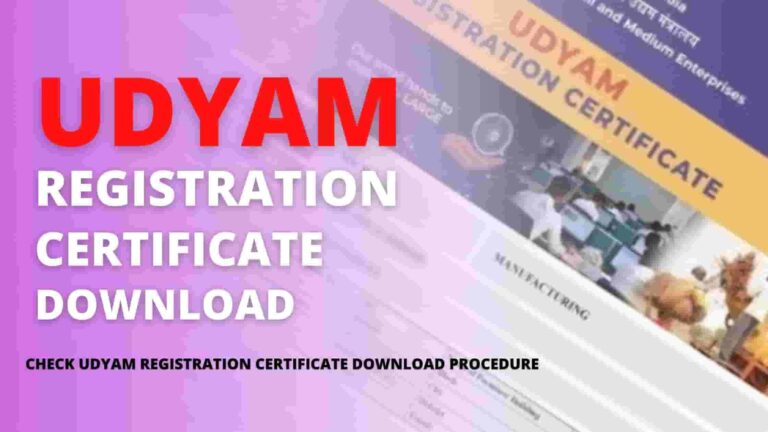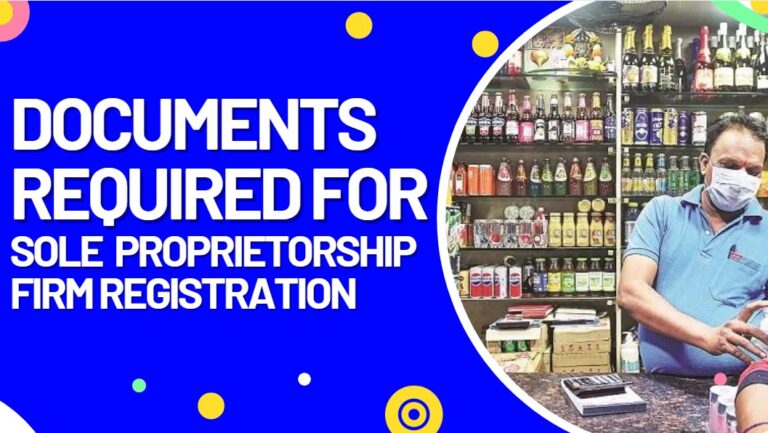In today’s competitive business landscape, small and medium-sized enterprises (MSMEs) play a crucial role in driving economic growth and creating job opportunities.
However, one of the major challenges faced by MSMEs is delayed payment from clients or customers. Delayed payment can disrupt cash flow, hamper business operations, and even jeopardize the survival of an MSME.
In this article, we will delve into the issue of MSME delayed payment and provide actionable strategies to overcome this challenge and ensure timely payments.
1. Understand the Impact of Delayed Payment
Before diving into solutions, it is essential to understand the impact of delayed payment on MSMEs. Delayed payment can result in financial stress, affecting the working capital of the business. It may lead to difficulties in paying suppliers, employees, or meeting other financial obligations. Furthermore, it can hinder business growth and limit investment opportunities. By recognizing the consequences, MSMEs can better address the issue and take proactive measures to mitigate the risks associated with delayed payment.
2. Establish Clear Payment Terms
One effective strategy to combat delayed payment is to establish clear and well-defined payment terms with clients or customers. These terms should be communicated upfront and documented in contracts or agreements. Key elements to consider include payment due dates, accepted payment methods, and any applicable penalties or incentives. By setting clear expectations from the outset, MSMEs can reduce the likelihood of payment delays and ensure both parties are on the same page.
3. Invoice Promptly and Accurately
Timely and accurate invoicing is crucial in minimizing the risk of delayed payment. MSMEs should develop a streamlined invoicing process, ensuring that invoices are generated promptly upon completion of the agreed-upon deliverables or services. Invoices should include all necessary details, such as the billing address, itemized list of products or services, quantities, prices, and payment instructions. Implementing automated invoicing systems or using accounting software can simplify this process and improve efficiency.
4. Follow Up on Outstanding Invoices
Proactive follow-up on outstanding invoices is essential to expedite the payment process. MSMEs should establish a systematic approach for tracking and monitoring unpaid invoices. This can involve sending friendly reminders to clients a few days before the payment due date, and subsequent follow-ups if the payment is delayed. Polite and professional communication is key to maintaining positive relationships while ensuring timely payments. Adopting digital tools or customer relationship management (CRM) systems can help streamline the follow-up process and send automated reminders.
5. Offer Incentives for Early Payments
To encourage prompt payments, MSMEs can consider offering incentives for early payments. This can be in the form of a small discount or additional benefits for clients who settle their invoices before the due date. Incentives create a win-win situation, where clients enjoy the advantages of early payment, and MSMEs benefit from improved cash flow and reduced payment delays. However, it is crucial to carefully assess the financial implications of such incentives to ensure they are viable for the business.
6. Establish Robust Credit Control Policies
MSMEs should establish robust credit control policies to assess the creditworthiness of potential clients before engaging in business transactions. Conducting credit checks and setting credit limits can minimize the risk of dealing with clients who have a history of delayed payments. Additionally, MSMEs can consider requesting partial or full upfront payment for new clients or high-value projects to mitigate the risk of non-payment.
7. Seek Legal Recourse if Necessary
In cases where all efforts to resolve delayed payment have been exhausted, MSMEs may need to consider legal recourse. Engaging the services of a reputable debt collection agency or seeking legal advice can help recover unpaid invoices. It is important to be well-informed about the legal procedures and rights surrounding debt recovery to ensure a fair and efficient resolution.
MSME Payment within 45 Days: Ensuring Timely Disbursement for Small Businesses
For small businesses operating as Micro, Small, and Medium Enterprises (MSMEs), prompt payment is vital to maintaining healthy cash flow and sustaining operations. Recognizing the significance of timely payment, governments and regulatory bodies have implemented measures to facilitate MSME payment within 45 days. In this article, we will explore the concept of MSME payment within 45 days, its implications for small businesses, and strategies to ensure adherence to these timelines.
MSME payment within 45 days refers to the commitment made by larger companies or government entities to settle invoices raised by MSMEs within a maximum period of 45 days from the date of invoice submission. This initiative aims to address the financial challenges faced by MSMEs due to delayed payments, thereby supporting their growth and fostering a conducive business environment.
The significance of MSME payment within 45 days cannot be overstated. Timely payment enables MSMEs to meet their financial obligations, such as paying suppliers, employees, and other operational expenses. It enhances their ability to invest in new projects, procure raw materials, and expand their business capabilities. Furthermore, it instills confidence in MSMEs and encourages their active participation in supply chains, fostering sustainable partnerships with larger enterprises.
To ensure MSME payment within 45 days, several strategies can be adopted:
- Clear Communication: MSMEs should communicate their payment terms explicitly to clients or customers, including the expectation of payment within 45 days. It is essential to outline these terms in contracts or agreements to avoid any ambiguity.
- Invoice Accuracy and Promptness: MSMEs must generate accurate and comprehensive invoices promptly upon completion of the agreed-upon deliverables or services. Invoices should include all necessary details, such as the billing address, itemized list of products or services, quantities, prices, and payment instructions.
- Follow-Up and Reminders: Proactive follow-up is crucial in ensuring timely payment. MSMEs should implement a systematic approach for tracking and monitoring outstanding invoices. Friendly reminders should be sent a few days before the payment due date to prompt clients or customers to settle their invoices within the specified timeframe.
- Building Strong Relationships: Establishing strong relationships with clients or customers is essential. Maintaining open lines of communication and addressing any concerns promptly can foster a cooperative environment, encouraging timely payments and reducing the likelihood of payment delays.
- Collaboration with MSME-Friendly Entities: MSMEs can prioritize collaboration with larger companies or government entities that demonstrate a commitment to promoting the growth of small businesses. Partnering with organizations that prioritize timely payment can significantly enhance cash flow and mitigate the risk of delayed payments.
By implementing these strategies and leveraging supportive government policies, MSMEs can navigate the challenges associated with delayed payments. Timely payment within 45 days strengthens the financial stability of MSMEs, enabling them to focus on business growth, innovation, and job creation.
It is crucial for MSMEs to stay informed about local regulations and policies related to payment timelines and take advantage of available support systems or platforms that facilitate prompt payments. By proactively engaging with stakeholders, adopting efficient invoicing processes, and maintaining healthy business relationships, MSMEs can thrive in an ecosystem that values timely payment and ensures their long-term success.
Conclusion
Delayed payment can pose significant challenges for MSMEs, but by implementing proactive measures, businesses can mitigate the risks and ensure timely payments. Understanding the impact of delayed payment, establishing clear payment terms, invoicing promptly and accurately, following up on outstanding invoices, offering incentives for early payments, establishing robust credit control policies, and seeking legal recourse when necessary are crucial steps in overcoming this challenge.
By adopting these strategies and maintaining strong financial management practices, MSMEs can minimize the impact of delayed payment on their operations, improve cash flow, and foster healthy relationships with clients or customers. Remember, effective communication, organization, and diligence are key to overcoming the issue of delayed payment and securing the financial stability and growth of your MSME.
Follow us on Google News




